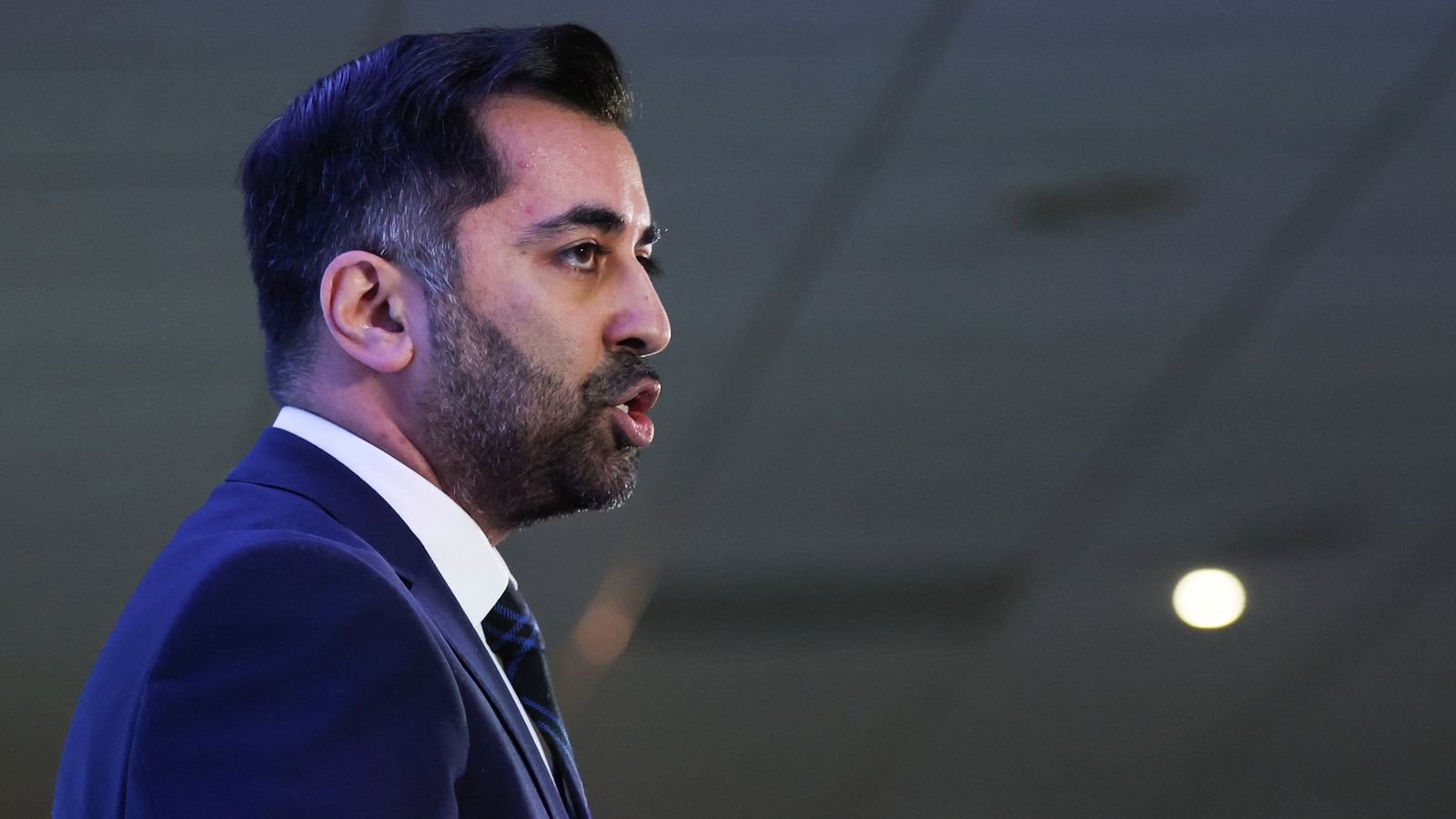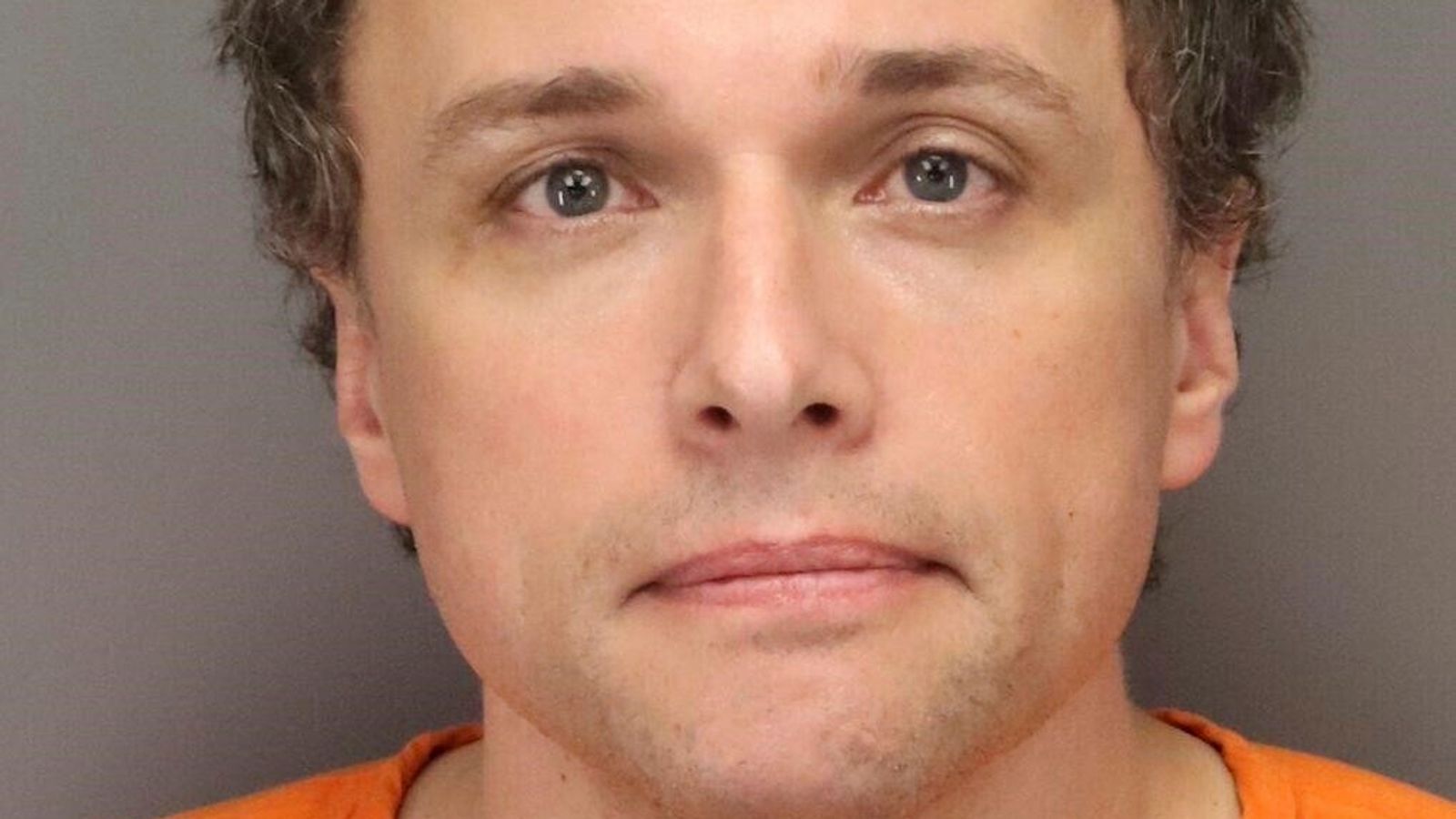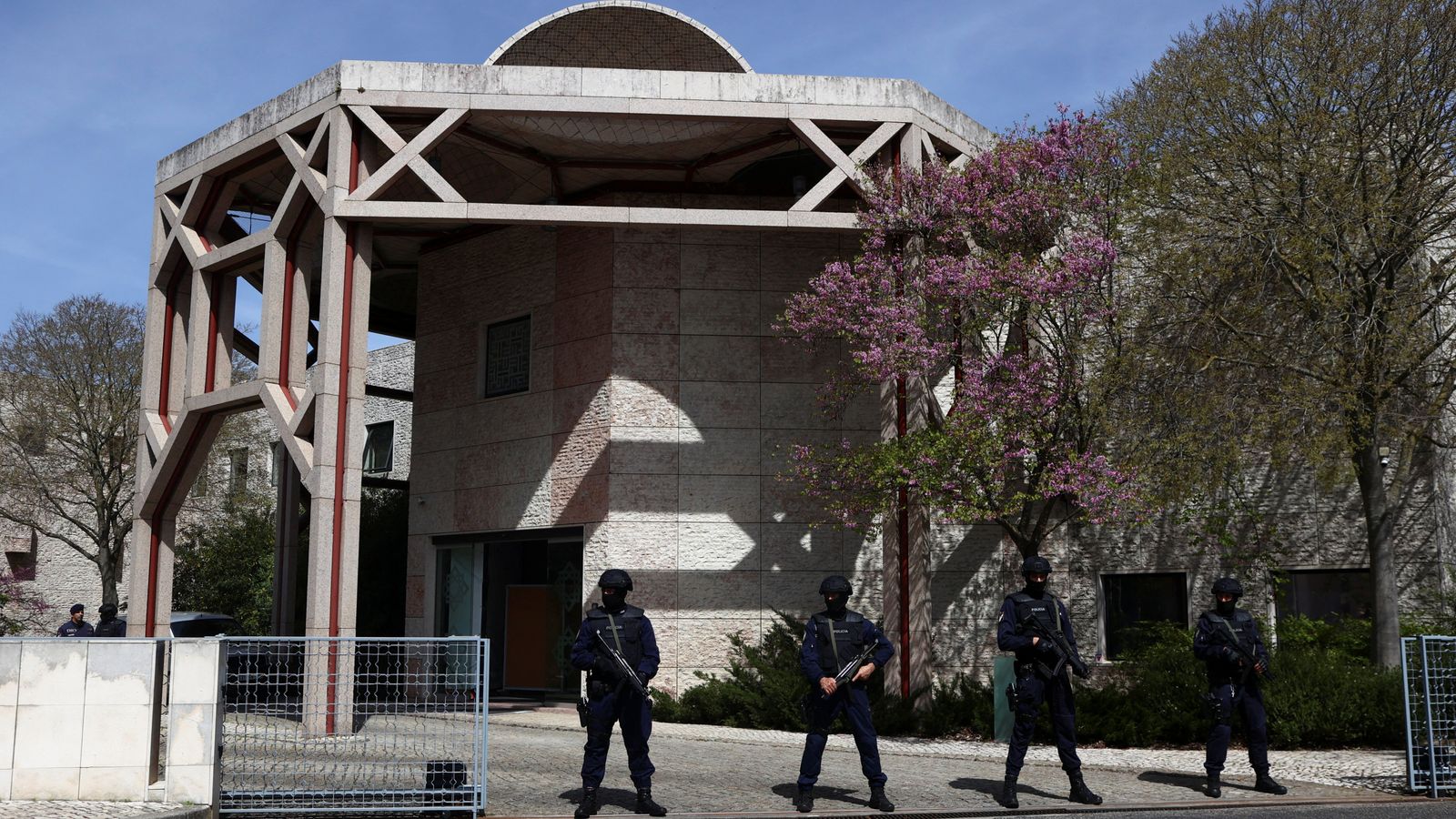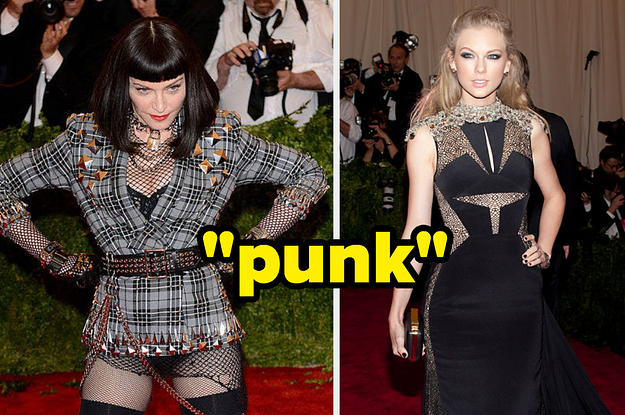Humza Yousaf has been officially elected as Scotland’s new first minister after he was backed by a majority of MSPs.
Following his victory in the SNP leadership race on Monday, the 37-year-old faced a vote at Holyrood to confirm him as Nicola Sturgeon’s successor.
Opposition parties were able to put themselves forward in the process, but with the backing of the Greens – as well as his own SNP members – Mr Yousaf successfully saw off challenges from Scottish Conservative leader Douglas Ross, Scottish Labour leader Anas Sawar and Scottish Liberal Democrat leader Alex Cole-Hamilton.
It means Mr Yousaf’s name will now be submitted to the King, with a formal session to swear him in expected at the Court of Session in Edinburgh on Wednesday.
Politics live: PM set for grilling by senior MPs
Making his pitch to MSPs, the new SNP leader said: “I will never shy away from tackling the big issues our country faces. I will lead a government that listens carefully and respects the views of all MSPs.
“My starting point will always be that we all want the best for Scotland and the people that we are so privileged to represent, and I will stand up unequivocally for this parliament and against any attempts to undermine devolution.
Humza Yousaf promises independence: What can new SNP leader deliver?
Humza Yousaf expected to be named Scotland’s new first minister today after Holyrood vote
Can Humza Yousaf keep up the SNP’s winning streak?
“I will work every hour of every day to harness the potential of Scotland and every single person in it. I will place no limits on the ambitions that we have collectively for ourselves, for our country or, indeed, for the world that we live in.”
Mr Sarwar has called for Mr Yousaf to go to the country in a Holyrood election, claiming he does not have a mandate to lead the country.
But Stephen Flynn, the SNP leader in Westminster and a backer of Mr Yousaf, played down the likelihood of a snap election, telling Sky News: “The big difference between Scottish parliament and Westminster is that over the road their [in the House of Commons] MPs don’t get to vote for who the prime minister is.
“That’s in complete contrast to Holyrood, where MSPs, opposition parties, today will get to put forward their candidate to be first minister.”
Mr Yousaf triumphed over leadership rivals Kate Forbes and Ash Regan in the at times explosive contest for the party’s top job.
Following Ms Sturgeon’s shock resignation last month, the race to replace her featured rows over religious beliefs, arguments about the recollection of past events, and widespread criticism of secrecy surrounding the vote.
As well as uniting the party, the new first minister now faces a number of difficult challenges as he takes office.
Please use Chrome browser for a more accessible video player
Key priorities will include defining a clear plan for independence, how to progress with the controversial gender recognition reforms, tackling the country’s drug deaths, alleviating the cost of living crisis, and turning the NHS around.
After his victory, Mr Yousaf said: “I feel like the luckiest man in the world to be standing here as leader of the SNP. A party I joined almost 20 years ago and that I love so dearly.”










